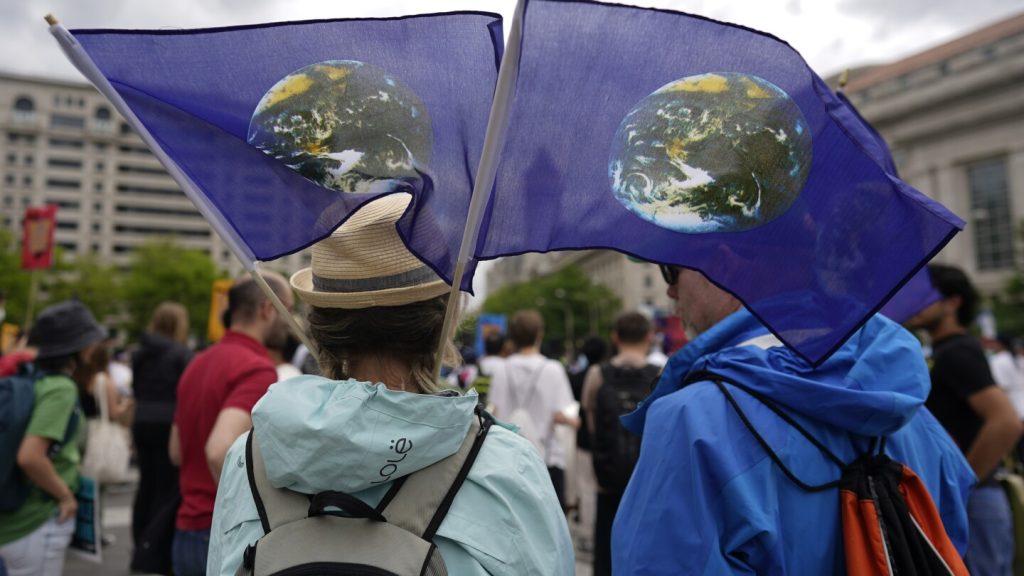On April 22, millions of people worldwide will come together to mark Earth Day, an annual event that was founded with the goal of raising activism to clean up and preserve our planet, which is home to billions of humans and trillions of other organisms. Earth Day has its roots in the growing concern over pollution in the 1960s, sparked by Rachel Carson’s book “Silent Spring” about the damaging effects of the pesticide DDT on the food chain. Senator Gaylord Nelson from Wisconsin came up with the idea for Earth Day after a massive offshore oil spill in 1969, envisioning a national “teach-in” on the environment to raise awareness.
The first Earth Day was held on April 22, 1970, chosen strategically as a weekday between spring break and final exams to attract as many students as possible. While Earth Day is not a federal holiday, many groups use this day to organize volunteer events focused on environmental initiatives such as cleanups of natural areas. Over the years, Earth Day has had a significant impact, leading to the passing of landmark legislation in the U.S. including the Clean Air Act and the Clean Water Act, as well as being credited as the birth of the modern environmental movement. The event has also expanded globally, inspiring action in over 192 countries.
This year, Earth Day is highlighting the threat that plastics pose to the environment, with a call to end all single-use plastics and find sustainable alternatives. In 2000, Earth Day started addressing climate change as an urgent issue, reflecting the changing global priorities around sustainability. Various events and initiatives are planned for Earth Day, with the goal of raising awareness and inspiring action to protect our planet. It is a day for individuals, communities, and organizations to come together and make a positive impact on the environment.
Despite not being a federal holiday, Earth Day has become a significant moment for raising awareness about environmental issues and mobilizing people to take action. The global reach of Earth Day demonstrates the power of collective action in addressing challenges such as pollution, climate change, and biodiversity loss. As we celebrate Earth Day this year and reflect on the progress made since its inception, it serves as a reminder of the ongoing need to protect and preserve our planet for future generations. Whether through individual actions or larger initiatives, Earth Day continues to be a key opportunity to contribute to a more sustainable and healthy world.


